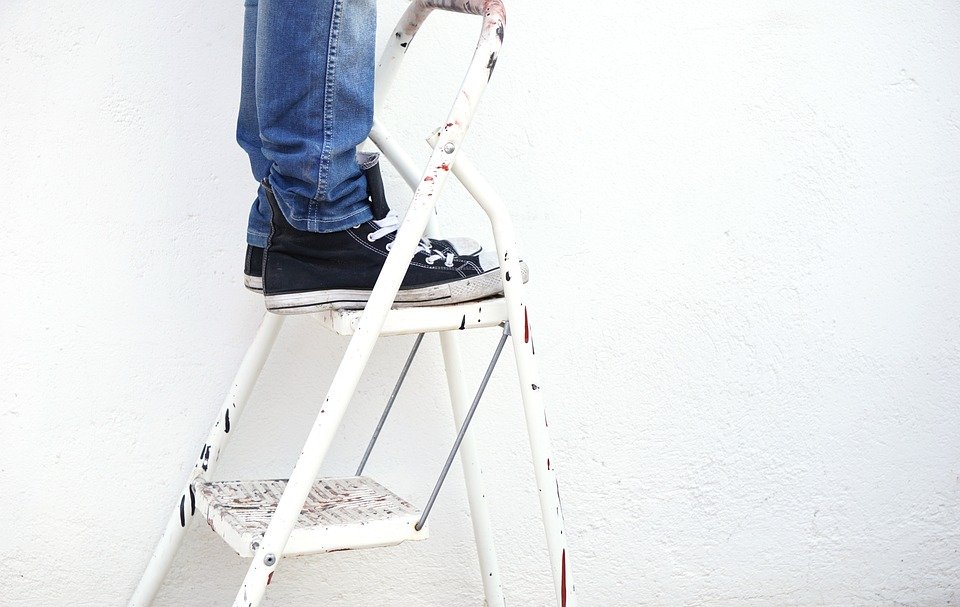Travel Plan: 10-Day Seoul Street Food Adventure
Day 1: Arrival and Introduction to the City
– Arrival at Incheon International Airport and transfer to hotel
– Hotel recommendation: 24 Guesthouse Myeongdong Avenue, centrally located and affordable
– Lunch at Gwangjang Market, sample various street food like bindaetteok (mung bean pancakes), tteokbokki (spicy rice cakes), and crispy fried chicken
– Afternoon visit to Gyeongbokgung Palace, the largest of the five great palaces in Seoul
– Dinner at Myeongdong Kyoja, try their signature dish kalguksu (handmade knife-cut noodles)
Day 2: Discovering Local Neighborhoods
– Breakfast at Tosokchon Samgyetang, famous for traditional Korean chicken soup
– Explore Bukchon Hanok Village, a traditional Korean village
– Lunch at Tongin Market, a unique market where you can buy traditional coins and use them to purchase street food from vendors
– Afternoon visit to Namsan Tower, an iconic landmark with panoramic views of the city
– Dinner at Noryangjin Fisheries Wholesale Market, an experience in fresh seafood where vendors will prepare and cook your purchase
Day 3: Historic and Artistic Seoul
– Breakfast at Gyeongbokgung Traditional Food & Tea, enjoy traditional Korean breakfast dishes
– Visit the National Museum of Korea, the largest cultural foundation in Korea
– Lunch at Ikseon-dong Hanok Village, a trendy area with traditional Korean cafes and restaurants
– Afternoon visit to the Seoul Museum of Art, showcasing art from contemporary Korean artists
– Dinner at Gwanghwamun Jip, try their famous galbi jjim (braised beef short ribs)
Day 4: South of the Han River
– Breakfast at Patbingsu Cafe Sulbing, Korean shaved ice desserts
– Explore Garosugil, a trendy area near the Han River with boutique shops and art galleries
– Lunch at Gangnam Myeonok, a famous galbi jjim restaurant in the Gangnam district
– Afternoon visit to COEX Mall, one of the largest shopping malls in Asia
– Dinner at Sindorim Ddeokbokki Alley, a street food alley with various tteokbokki vendors
Day 5: Northern Seoul
– Breakfast at Cafe Onion, a popular cafe with a modern interior design
– Visit the Changdeokgung Palace, a UNESCO World Heritage site
– Lunch at Pojangmacha Tto Tto, sample street food like pajeon (scallion pancakes) and makgeolli (traditional Korean rice wine)
– Afternoon visit to the Seoul Fortress Wall, a historical wall that protected the city
– Dinner at Seochon Hanjeongsik, a traditional restaurant serving a full course meal
Day 6: Experiencing Korean Culture
– Breakfast at Kongguksu, a unique restaurant serving cold soybean soup noodles
– Visit Insadong, a popular area for traditional Korean crafts and souvenirs
– Lunch at Tosokchon Samgyetang, visit again for their famous chicken soup
– Afternoon visit to Lotte World, an amusement park with indoor and outdoor attractions
– Dinner at Hongdae Nulgeun Mandu, try their specialty dumplings
Day 7: Exploring Nightlife
– Breakfast at Gwangjang Market, revisit for more street food
– Visit Namsan Hanok Village, a cultural village with traditional Korean houses and performances
– Lunch at Yeonnam-dong Jeonhaenip, try their famous seafood pancakes
– Afternoon visit to Hongdae, a youthful area with street performances and nightlife
– Dinner at Maangchi’s Private Kitchen Cooking Class, an authentic Korean cooking class
Day 8: Eastern Seoul
– Breakfast at Egg Drop, a popular egg sandwich chain
– Visit the Seoul Forest, a large park with various trails and photo spots
– Lunch at Madang Village, a trendy area with street food and cafes
– Afternoon visit to Dongdaemun Design Plaza, a cultural hub with exhibitions and shopping
– Dinner at Yang Good, a famous jokbal (pig trotters) restaurant
Day 9: Shopping and Food Tour
– Breakfast at Isaac Toast, a popular Korean sandwich chain
– Visit Myeongdong, a popular shopping district with various street food vendors
– Lunch at Bukchon Sikdang, try their famous naengmyeon (cold buckwheat noodles)
– Afternoon visit to Namdaemun Market, one of Korea’s largest traditional markets
– Dinner at Pojangmacha Alley, a street food alley in Yeonnam-dong
Day 10: Farewell
– Breakfast at Cafe Mamas, a cozy cafe with healthy breakfast options
– Visit Itaewon, a trendy international district with various cafes and boutiques
– Lunch at Tosokchon Samgyetang, visit again for their famous chicken soup
– Transfer to Incheon International Airport for departure
FAQs:
1. Is tipping necessary in Korea?
No, tipping is not customary in Korea as service charges are already included in the bill.
2. Do I need to purchase a Korean SIM card for my phone?
It is not necessary, but if you need internet access during your stay, it is recommended to purchase a Korean SIM card or rent a portable Wi-Fi device.
3. What is the best way to get around Seoul?
The most convenient and affordable way to get around Seoul is by using the subway system. Taxis are also readily available, but can be expensive during peak hours.
4. Should I have cash or card with me?
It is recommended to have a mix of cash and card as some street vendors and small businesses may only accept cash. Major department stores and restaurants will accept cards.
5. Are there any cultural etiquette I should be aware of when dining in Korea?
It is polite to wait for the eldest member of the group to begin eating before starting. Refilling someone’s drink or serving food is considered good manners. It is also common to remove your shoes before entering a traditional Korean restaurant.



